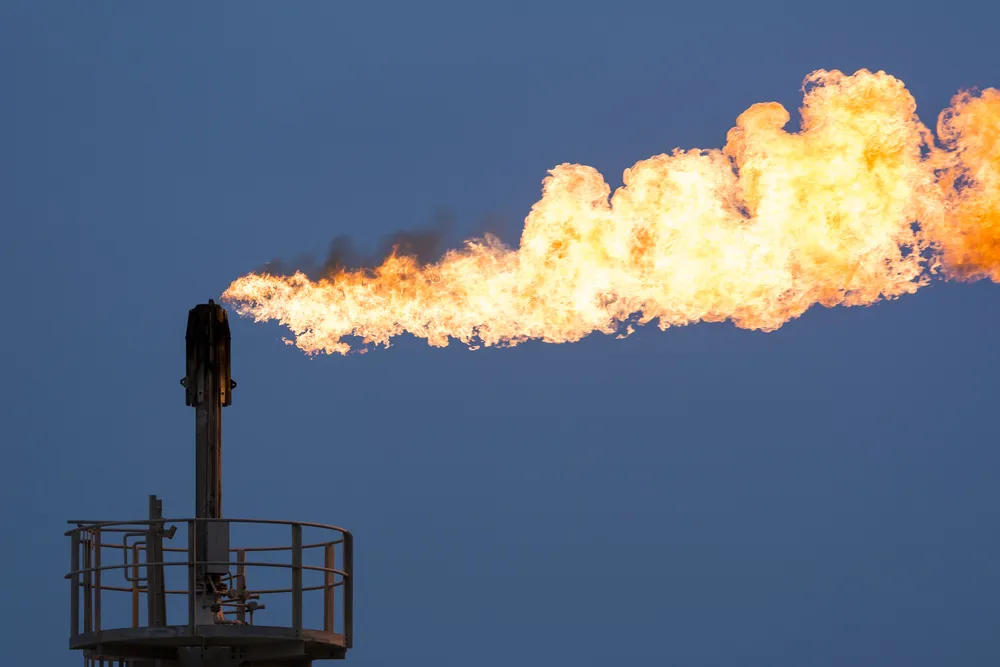Mini-Master in Petroleum Sector Course
Introduction:
This Mini-Master in Petroleum Sector course is designed to meet the urgent need for professionals to gain a comprehensive and broad understanding of the entire petroleum sector, from upstream to downstream operations.
Oil and gas are among the most critical forms of energy driving the global economy. The sector encompasses complex, capital-intensive activities involving production, refining, and distribution, all supported by advanced technologies.
The course aims to provide students with foundational knowledge of the oil and gas sector, which they will build upon to advance their careers in the industry.
Objectives:
By the end of this course, students should be able to:
- Explain key processing operations in the exploration and production of upstream industry feedstock.
- Understand essential activities involved in refining and producing downstream products.
- Comprehend the oil and gas business, including its various facets and challenges.
- Acquire skills to evaluate and capitalize on business opportunities within the sector.
- Understand the history and business structure of the oil and gas industry.
Training Methodology:
- Training videos with computer interactivity
- Case study analysis
- Group discussions and result analysis
- Self-directed learning scenarios
- Crew drills and simulations
- Real-life issue analysis and practice
Course Outline:
Unit 1: History and Resources of Oil and Gas
- Accumulation and origin of hydrocarbons
- Chemical composition of petroleum
- Science of petroleum and natural resources
- Development and exploration of oil and gas
- Well purposes and types
- Formation of oil and gas fields
Unit 2: Geopolitics of International Energy
- Geopolitics of oil and gas
- OPEC countries
- Energy Information Administration
- Oil statistics analysis
- Transportation, transmission, and distribution
- Reservoirs and tank farms
Unit 3: Gross Refining Overview
- Distillation and separation processes
- Chemical transformation technology
- Component blending
- Complexity of the refinery industry
- Refinery economics
Unit 4: Natural Gas Treatment
- Inlet separation, dehydration, and dew point control
- Impurities and pipeline gas quality criteria
- Gas sweetening using amines
- Physical and chemical solvents
- Recovery of sulfide compounds
- Compression and liquefaction processes
Unit 5: Management of the Oil and Gas Industry
- Capital costs of oil and gas facilities
- Pricing, trading, market management, and risk management
- Estimation of crude oil benchmarks and prices
- Derivatives in futures, options, and swaps
- Renewable energy and climate change


















